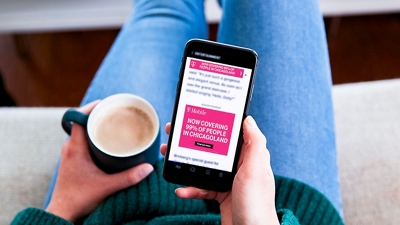Phone privacy.
Time to read: 3 minutes

Time to read: 3 minutes


You have privacy rights, and

By law, data about voice calls you make can only be used or shared for certain purposes, or with your permission.

In some cases, we may be required by law to share information about the service you use.
As a telecommunications carrier, we collect and maintain information about our customers’ voice calls. We may use information about your voice-calling to identify offers for
Some of the information we collect about your voice calls may be referred to as customer proprietary network information or CPNI. This information is collected solely because of your relationship with us. CPNI may include details such as the type, destination, and amount of your voice-calling. CPNI may also include certain information contained in your voice service bills. Congress and the Federal Communications Commission (FCC) have created rules about how we handle CPNI that we follow to protect your privacy.
Your CPNI doesn’t include your name, address, phone number, or the content of your phone calls. Phone call content has stricter protections under wiretapping laws. To learn more about how
Under federal law, you have the choice to approve or disapprove certain uses of your CPNI that are outside the scope of ordinary business operations, fraud prevention, or legal compliance.
The FCC’s rules are complex. Some of the key requirements are that carriers must:
For more information, read our

Learn more about how

Learn more about cookies, other online tools, and tracking technologies, including how they work.

How you can access, delete, or correct the personal data we have about you.